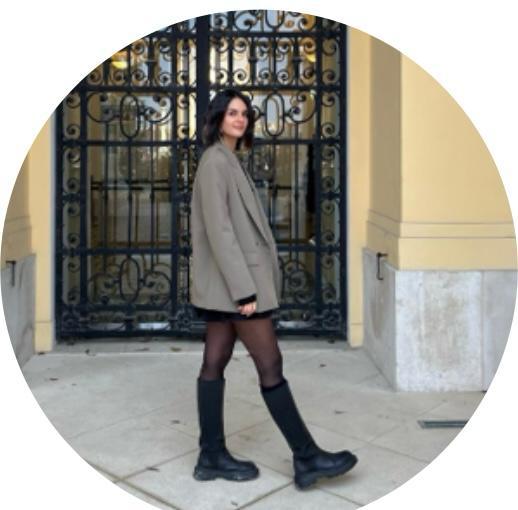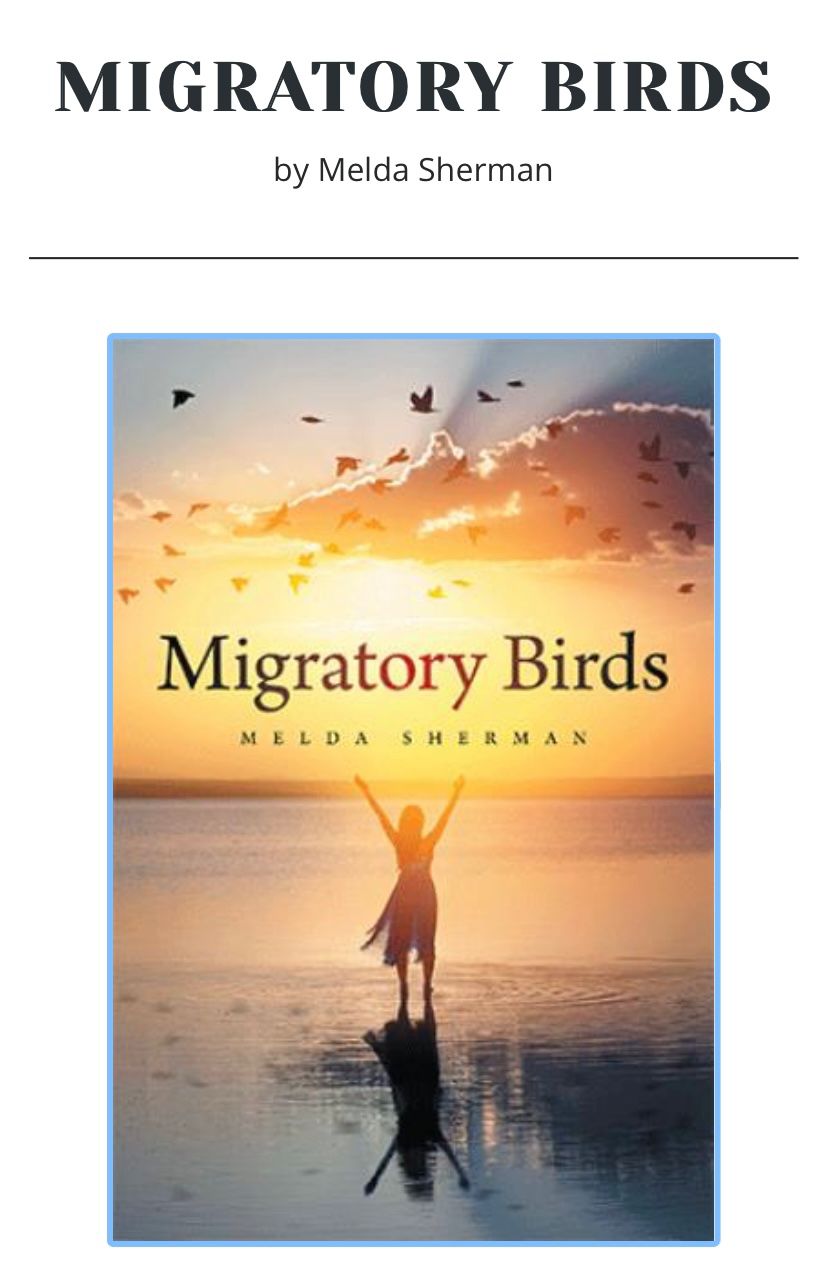
There is a certain beauty in being alone. A quiet dinner at home, a solo workout, a walk through the city without anyone to rush you. These moments of chosen solitude can feel like a reset. A way to hear your own thoughts without the noise of other voices. They are not about loneliness, but about presence. About enjoying your own company. And yet somewhere between a peaceful Friday night spent reading and another weekend passed without a single real conversation, the line begins to blur.
The truth is, solitude is not measured in hours but in intention. Cooking alone after a long day might be nourishing for your mind, while three nights in a row without seeing anyone could leave you feeling strangely disconnected. The balance is not fixed, it changes depending on where you stand in life, what you need and how much energy you have or need for the world outside your own. But if solitude becomes the norm, not the choice, it quietly changes its shape. What once felt like freedom can begin to feel like absence.
Part of the challenge is that modern life makes it easy to slip into this stage without noticing. Remote work allows us to manage our days without stepping outside, food and groceries can be delivered to our doors and entertainment streams endlessly on our screens. All of this convenience means fewer reasons to leave the house and fewer spontaneous meetings with other people. What we gain in independence, we risk losing in connection. Of course independence is not the enemy. The ability to stand on your own is one of the most empowering skills you can have. But connection is not a weakness, it is a human need. We are wired for shared experiences, even if those experiences are as simple as chatting with a stranger at a café or laughing with a friend over something silly. Without those touchpoints, our lives can start to feel like they are happening in a closed loop. Comfortable, but small.
So how do you know where you stand? It is not about counting how many nights you go out versus stay in, but about noticing how you feel afterward. Does the quiet leave you recharged or does it leave you craving something you cannot name? Are your solo routines still a conscious choice or have they become a habit because it is easier than making plans? Asking yourself these questions can be uncomfortable, but they are often the first step toward finding your balance. The beauty of chosen solitude is that it makes connection richer. Time spent alone can deepen your sense of self, making your relationships more intentional and your presence with others more real. The goal is not to give up independence, but to protect the space where freedom and belonging overlap. That is where life feels complete, where you can move easily between being with others and being with yourself, without losing the joy in either. Alone time should be a choice, not a condition and the best life is one, where you never have to give up one for the other.
Contact Information:
Selina Demir
selinademir.aut@gmail.com
Instagram: selinademr


